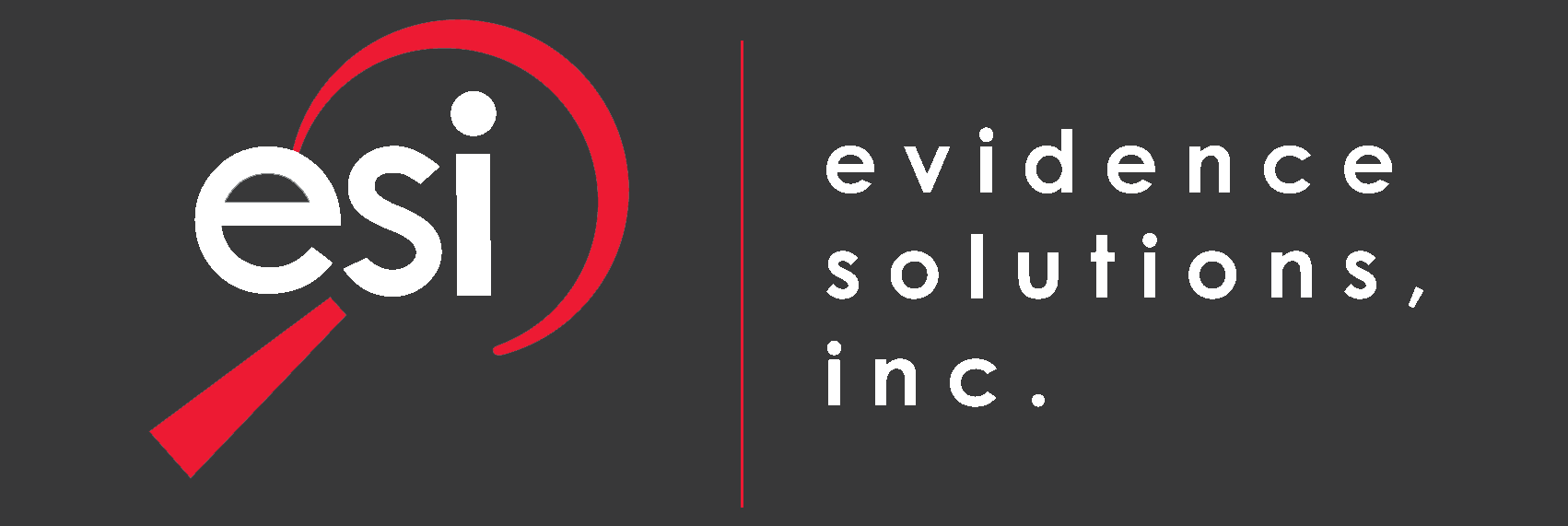thThe Ninth Circuit Court of Appeals’ ruled earlier in July 2014 that motor carriers are not exempt from California state law requiring mandatory paid breaks for workers. This ruling overturned a ruling made by a lower court which had exempted motor carriers. This ruling opens the door for similar challenges, both in California and elsewhere.

The class-action suit was brought against Penske Logistics by three drivers in 2008. Plaintiffs Mickey Lee Dilts, Ray Rios and Donny Dushaj claimed Penske failed to allow drivers to take their breaks and created an “environment that discourages employees from taking their meal and rest breaks,” according to court documents.
Current California law requires employers to give employees a paid 30-minute meal break for every five hours on the clock and paid 10 minute breaks for every four hours on the clock.
Penske had argued given the structure of driving jobs, it was exempt under the Federal Aviation Administration Authorization Act (FAAAA) of 1994, which it said preempts state law.
The Ninth District’s three-judge panel, however, said California’s break laws are “not ‘related to’ defendant’s prices, routes or services, and therefore they were not preempted by” FAAAA.
General Counsel Michael Duff said Penske is “disappointed” by the decision and that it is reviewing its options for proceeding. He goes on to say: “We believe federal district court Judge Sammartino correctly determined that California’s meal and rest break rules as applied to motor carriers were preempted by the FAAAA,”
Also disagreeing with the decision is the American Trucking Associations. Richard Pianka, who is Vice President and Deputy General Counsel for the organization, responded to the ruling by saying: “The odd thing is something like a dozen district courts have looked at this, and almost all said that federal law preempts in this instance, and that’s what everybody was operating under,” Pianka tells CCJ, and he notes the Ninth Circuit is historically among the most likely to have a decision reversed by the Supreme Court. “It marches to the beat of its own drum – so this may not be the last word.”
Pianka also indicated that while the decision is directly related to California law, the ramifications of the ruling could reach beyond the state line. Drivers who are based elsewhere but drive in California may also be covered by the ruling. “I think we can expect the plaintiff’s bar [to] take this decision as an invitation to see how many lawsuits they can file and figure out what will stick,” he says. “Anybody who’s operating within California or anywhere within the jurisdiction of Ninth Circuit in the West needs to take a look at this, and the industry in general needs to think about these issues.”
